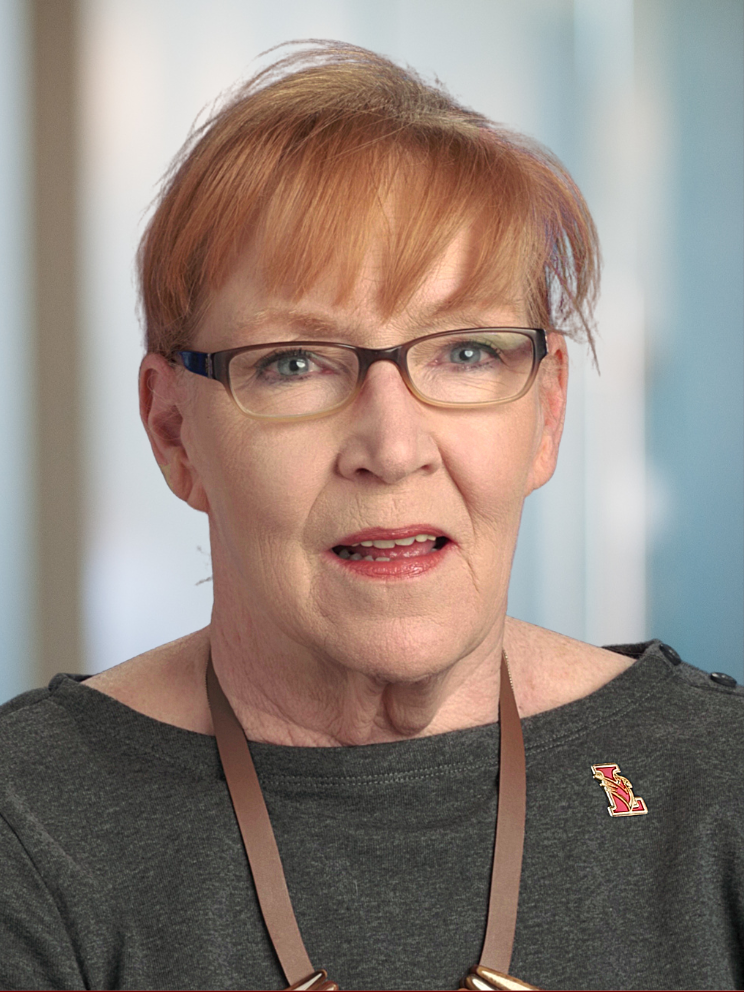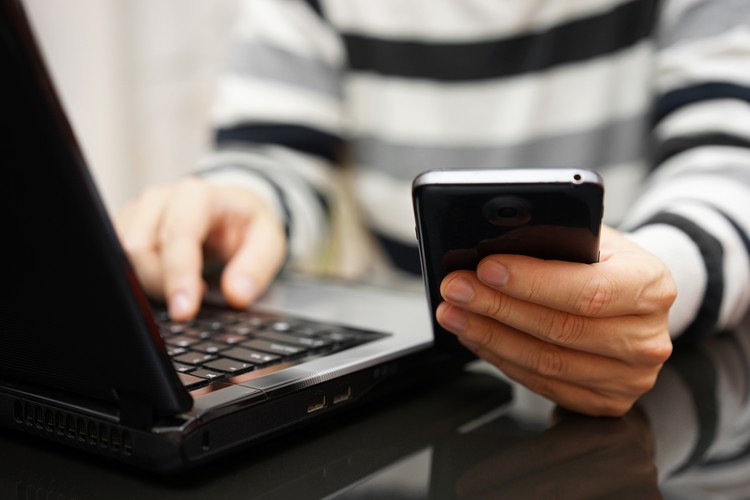My teens are considered “digital natives,” because they grew up with computers and other tech marvels. I, on the other hand, am considered a “digital immigrant,” because computing is a foreign language to me and people in my age bracket. I will say, though, that just to stay relevant, I took up computers as a second language, and I’m connected almost all the time with my smartphone, tablet, laptop and home desktop. I’m not “fluent” like my younger friends, but I’m not in the dark either.
I know folks who never turn off their tech. I’m not one of them, but I followed along with a radio quiz about tech habits, conducted by a therapist, to determine if I am “addicted” to tech.
I take lots of quizzes. Maybe I should see if I am addicted to quizzes.
Parenting today requires a cell phone and a working knowledge of texting because teens are addicted to tech. It is how kids communicate and how parents keep tabs and have a little peace of mind. There are no pay phones at school. My teens watch their phone battery levels the way I watch my gas gauge. My kids have backup power sources—they must be connected.
Beyond using my cell phone to reach my daughters, like texting upstairs to tell them that dinner is ready, I enjoy seeing friends’ posts on Facebook and keeping up with relatives I don’t see. I feel more connected to things that interest me. I get most of my news online now and get breaking news sent to my email and Facebook.
What I don’t do that addicts do, according to the quiz: I do not bring a phone to the family dinner table. Ever. I have stopped texting while driving. I don’t interrupt a human conversation to text unless it’s truly time-sensitive. I do not text or email on my phone in any way that interferes with commerce or is disruptive to others. I do not bring my phone into my bedroom unless one of my daughters is still out and I won’t be waiting up.
What the radio therapist called me on: multitasking with tech. I have my phone alongside my desktop or laptop and sometimes also have a tablet open when I’m working, to keep from having to toggle screens. When it’s TV night, sadly, we all have our phones in our laps as we watch.
I have experienced phantom rings and vibrations, in which I am certain I have heard or felt my phone when, in fact, I had imagined it. I have turned my car around, risking a late arrival, because I realized I didn’t have my phone. Knowing I’ve left it behind and I can’t get to it immediately, I feel a sense of panic. I brought tech backup on vacation “just in case.” I have a technology-resurrection box that holds old phones, chargers, routers…
While on Facebook, I once lost track of time and left a daughter waiting for a ride (oops). I had to take Facebook off my phone because it became all-consuming. It remains my biggest time-sucker. I tried the websites that allow you to set a timer and lock you out of a social media site at self-selected intervals. But I always turn them off after a few days. I tell myself I should just delete my account as many friends (real and virtual) have done. Can’t do it!
So it’s clear that I do have a tech-abuse problem. (Could recognizing that be the first step in my recovery?) I know many people more addicted to technology than I am, but I am sure every heroin addict says the same thing. I read where a couple let their real-life child starve while they raised a kid in a virtual world. I’ll stop before I get that bad.
Wait—was that my phone?

Pepper Evans works as an independent-living consultant, helping older adults age in place. She is the empty-nest mother of two adult daughters and has extensive personal and professional experience as a caregiver. She has worked as a researcher and editor for authors and filmmakers. She also puts her time and resources to use in the nonprofit sector and serves on the Board of Education in Lawrence Township, NJ.



